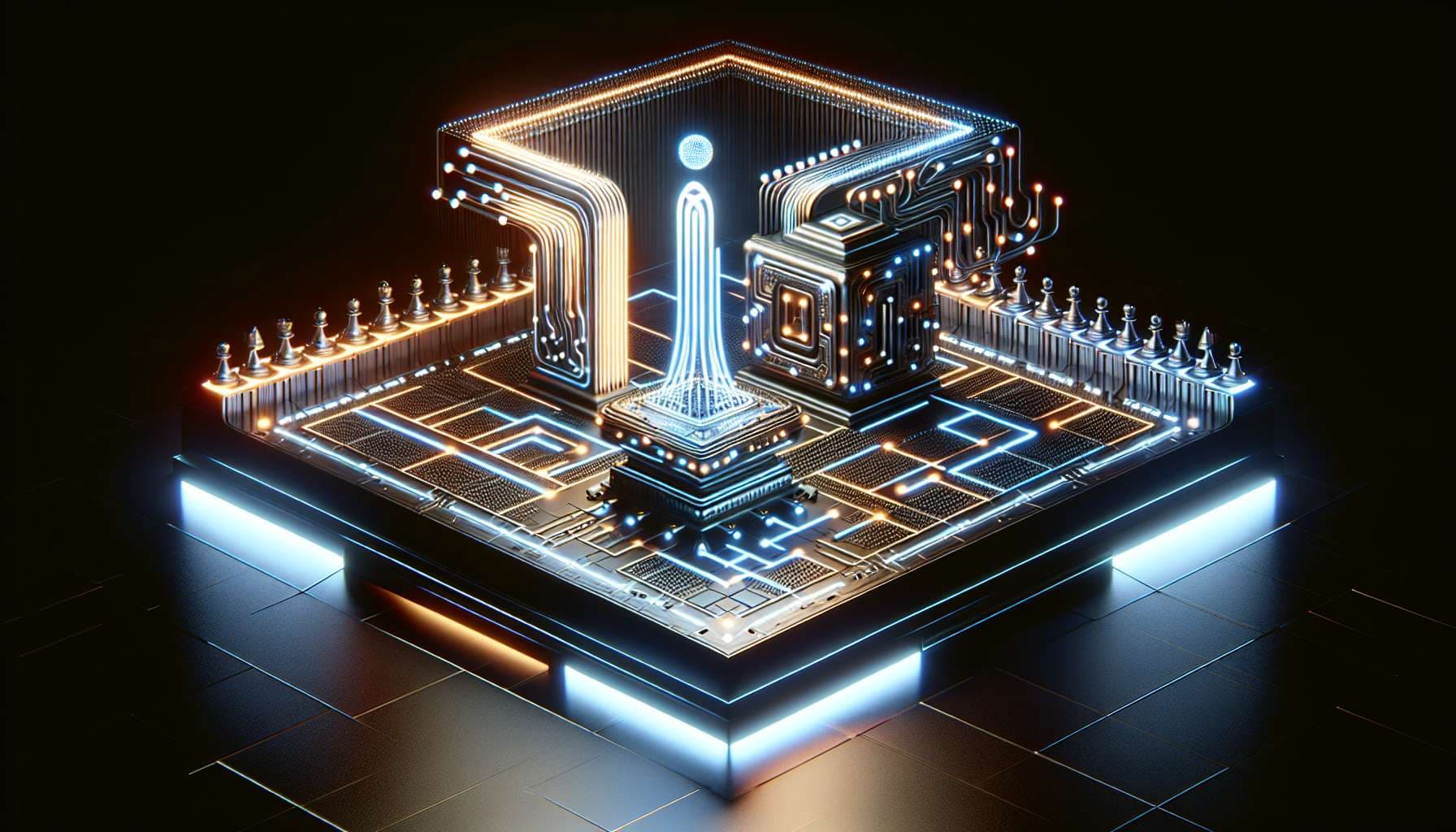
Which, if any, GPT-n will outperform AlphaGeometry merely via prompting, by 2030?
Basic
3
Ṁ792030
7%
GPT-4
19%
GPT-5
21%
GPT-6
12%
GPT-7
12%
GPT-8
12%
GPT-9
16%
None
Resolves to the lowest numbered GPT that scores higher than "25" on the benchmark test set of 30 Olympiad geometry problems, as used in the AlphaGeometry paper: https://twitter.com/GoogleDeepMind/status/1747651826730610696
Both GPT-n or a derivative fine-tuned version of GPT-n count. It also cannot use any special scaffolding: it must take in the problem description in its prompt, and output the geometry problem solution in the first outputted answer (potentially after some chian of thought).
In case the architecture changes significantly such that question is no longer applicable, I will resolve as N.A..
This question is managed and resolved by Manifold.
Get 1,000and
1,000and 3.00
3.00
Related questions
Related questions
Before 2026, will Gemini 3.0 exceed GPT-5 in Metr estimated time horizon?
77% chance
Size of smallest open-source LLM marching GPT 3.5's performance in 2025? (GB)
-
What will the next GPT be called?
Will an open-source fully functional Auto-GPT like LLM exist by the end of 2025?
90% chance
GPT-4 performance and compute efficiency from a simple architecture before 2026
19% chance
Will the claim that people that grew up with GPT-like systems are smarter be plausible by 2050?
80% chance
GPT-Zero: By 2030, will anyone develop an AI with a massive GPT-like knowledge base that it taught itself?
33% chance